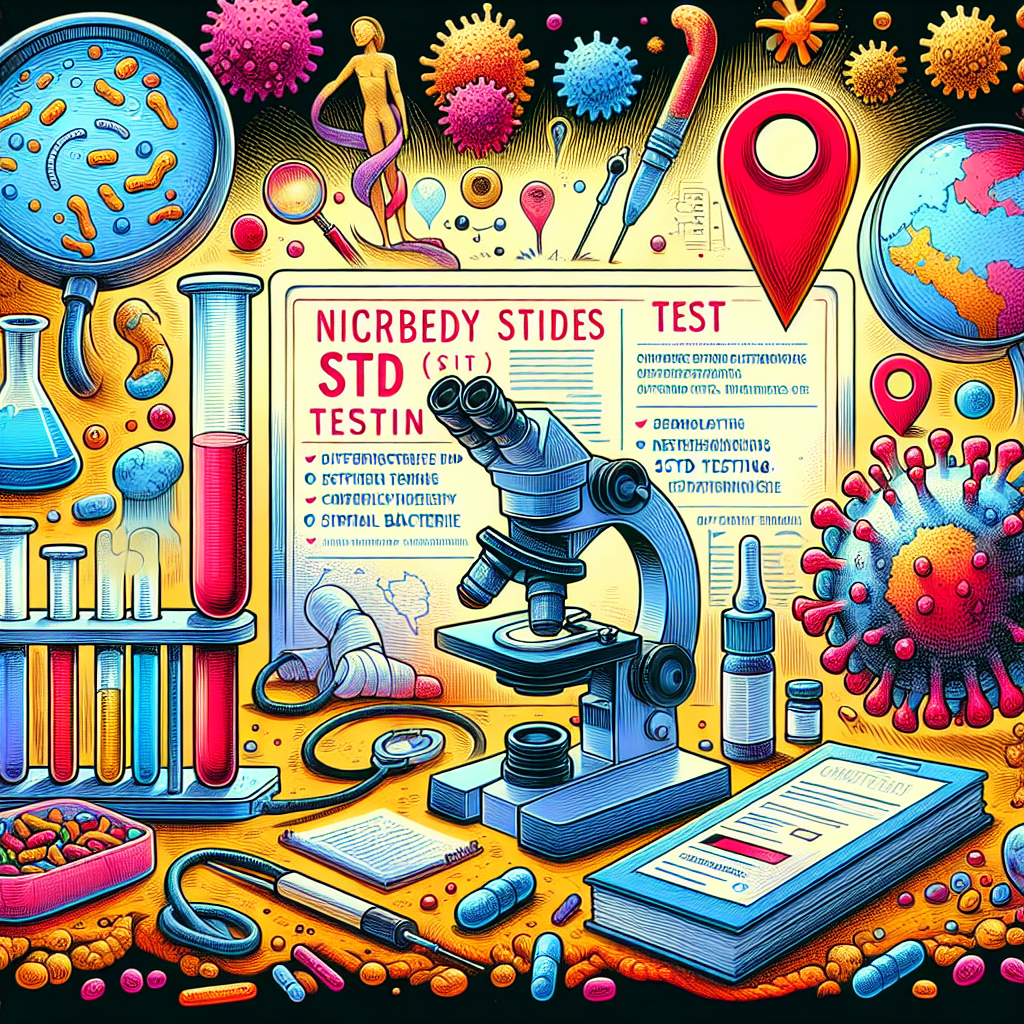Introduction
Navigating the labyrinth of medical terminology can often feel like deciphering an ancient script. Among the myriad of health-related acronyms, STD and STI commonly surface, often used interchangeably. However, understanding the difference between these two terms is crucial for your health and well-being.
Table of Contents
- Definition and Symptoms
- Transmission Methods
- Diagnosis and Treatment
- Prevention Strategies
- Key Takeaways
- FAQ
- Conclusion
Definition and Symptoms
Before diving deeper, let’s set the stage with clear definitions.
STI stands for Sexually Transmitted Infection. It refers to the initial infection before it develops into a full-blown disease. On the other hand, STD or Sexually Transmitted Disease, describes an infection that has caused noticeable symptoms or complications.
Common Symptoms of STIs
Symptoms of STIs can be as silent as a whisper or as loud as a roar. Many infections might not show any signs at all. When they do, common symptoms include:
- Painful urination
- Unusual discharge from the genitals
- Sores or bumps on the genital area
- Itching and irritation
When Infections Become Diseases
If left untreated, STIs can progress into more severe conditions, transforming into STDs. For example, untreated chlamydia can lead to pelvic inflammatory disease (PID) in women, which can cause infertility.
Transmission Methods
How do these stealthy invaders find their way into our bodies? The primary avenues include:
- Sexual Contact: Most STIs are transmitted through vaginal, anal, or oral sex.
- Blood Transfusions: Although rare, some infections can be passed through blood-to-blood contact.
- Mother to Child: During childbirth, mothers can pass infections to their babies.
Diagnosis and Treatment
Detecting these conditions early is like catching a wildfire before it spreads. Regular testing is crucial. Facilities like our General Medical Evaluation in La Grange offer comprehensive screenings.
Diagnostic Tests
Testing methods vary based on the suspected infection:
- Blood Tests: Used for detecting HIV, syphilis, and hepatitis.
- Urine Samples: Commonly used for chlamydia and gonorrhea.
- Swabs: For areas such as the throat, genitals, or rectum.
Treatment Options
Treatment varies depending on the type of infection:
- Bacterial Infections: Typically treated with antibiotics.
- Viral Infections: Managed with antiviral medications.
For specific testing, consider our Lab Test services in La Grange.
Prevention Strategies
Prevention is worth a pound of cure. Here are some strategies to keep you safe:
Safe Sex Practices
- Use condoms correctly every time you have sex.
- Limit your number of sexual partners.
- Get vaccinated. HPV and Hepatitis B vaccines are effective preventive measures.
Regular Screenings
Routine check-ups can catch infections early. If you’re in Willowbrook, visit our Urgent Care center in Willowbrook for timely evaluations.
Key Takeaways
- STI vs. STD: STI refers to the initial infection; STD refers to when the infection shows symptoms.
- Symptoms: Can range from mild to severe.
- Transmission: Mainly through sexual contact.
- Treatment: Early diagnosis is key; treatments are available for both bacterial and viral infections.
- Prevention: Safe sex practices and regular screenings are crucial.
FAQ
Can you have an STI without symptoms?
Yes, many STIs do not show any symptoms initially. Regular testing is essential to detect these silent infections.
Are all STDs curable?
Not all STDs are curable. While bacterial infections like chlamydia and gonorrhea can be treated with antibiotics, viral infections like HIV are managed with antiviral drugs but not cured.
How often should I get tested?
It depends on your risk factors. Generally, it is recommended to get tested annually if you are sexually active. Consult with healthcare providers at our Burr Ridge Xray Center for personalized advice.
Conclusion
Understanding the difference between an STI and an STD is vital for maintaining good health. By being proactive with regular screenings, practicing safe sex, and seeking timely treatment, we can navigate this complex landscape with confidence. Remember, knowledge is not just power; it’s a shield that protects us from potential harm.
If you need more information or wish to schedule a screening, visit our General Medical Evaluation center in La Grange.




